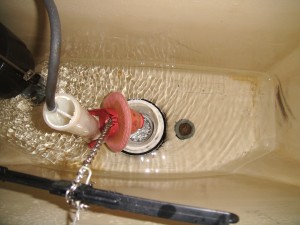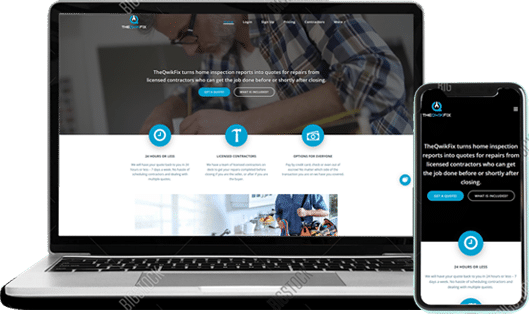Nearly 1 in 10 Homeowners Will Experience This Costly Repair
Damage From a Water Leak Can Cost As Much As The Average Luxury Car
Whether it’s a fire, plumbing flood, or burglary, you probably have insurance to cover your losses. But simply having your stuff replaced doesn’t account for the turmoil or disruption that one of these disasters causes. Water damage repairs cost an average of $55,000. Even if insurance covers repair, you still may have to pay a deductible, higher rates, and some damaged items may be irreplaceable.

According to the insurance company Chubb, more than half of homeowners say they are vigilant about taking steps to avoid water damage caused by a plumbing leak. Despite the fact that their study found that internal water damage is among the top three concerns for homeowners when it comes to perceived home threats, no more than 20% of homeowners took any single water-related risk mitigation best practice—from conducting home heating system inspections (19%), periodically checking appliance hoses (19%) and performing water heater maintenance (16%) to shutting off the water supply while on vacation (15%) and installing pipe insulation (12%).
Common causes of water leak claims
Water intrusion coming from roofing, as well as leaks from toilets, water heaters, refrigerator water lines, and Heating/AC equipment, are the top causes of interior water damage.
“Being proactive is the best way to help combat internal water-related risks in the home,” commented Chubb North America Personal Risk Services division president Fran O’Brien. “Without the proper preparation and necessary insurance coverages in place—particularly if a leak happens while you’re not there to handle it—property losses can be a significant source of unexpected out-of-pocket costs.”
Fewer than 20% of homeowners implement any single water risk avoidance practice
Preventive measures
- Plumbing Hose Inspections:
Inspect plumbing hoses on toilets, sinks, laundry machines, and kitchen appliances such as dishwashers, reverse osmosis filters, insta-hot, etc. Replace them every 5 years, and consider installing water leak detection systems in these areas.
- Water Heater Considerations:
Make sure water heaters are replaced every 10 years. Inspect them for signs of rust and corrosion. Install a drip pan under them, and consider adding water detection with automatic shut off devices.
- Check HVAC Units:
Check HVAC units to ensure condensate drain lines are clear, clean debris from drip pans under the forced air units, and consider adding water detection sensors to turn off the AC if water accumulates in a drip pan.
- Vacant Houses Need Attention:
Do not neglect vacant houses. Make sure heat is adequate if there is a risk of freezing, shut off the water when it is not needed, and drain unnecessary systems. Consider installing shut off valves that can be operated remotely for vacation or short-term rental homes.
- Laundry Room Checks:
Pay attention to laundry rooms making sure valves for the washer and sinks are in good shape. Clean any filters in clothes washers to avoid back-up. Check washer hoses. Keep floor drains clear in these areas. Consider installing water/flood detection.
- Water Pressure
Avoid burst pipes and hoses by keeping water pressure regulated below 80 psi. Pressure regulators fail. Check the pressure frequently.
Be sure to learn about our solutions for real-time monitoring and detecting flooding in houses. We offer a number of water detection devices, monitoring, and remote control of your water supply. Click HERE.


